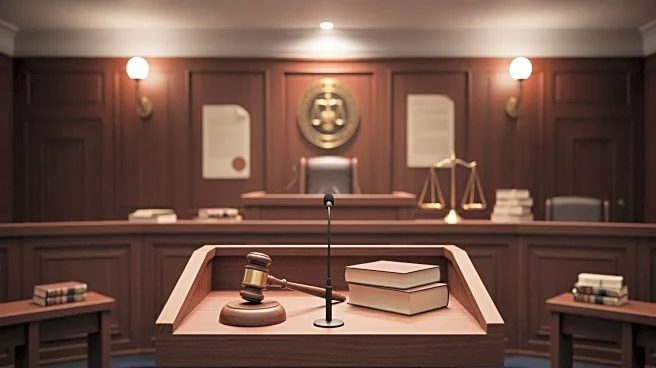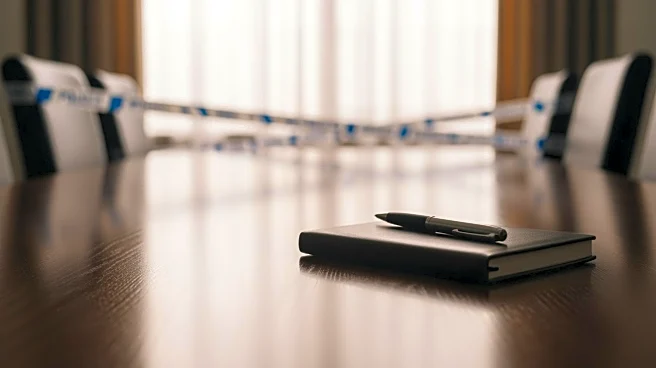What's Happening?
The Supreme Court has declined to review an appeal from Alex Jones, the founder of Infowars, thereby upholding a lower court's decision that mandates him to pay $1.4 billion in damages to families affected by the Sandy Hook Elementary School shooting.
The decision was made without providing any reasons, which is customary for such orders. The damages were awarded after Jones was sued for defamation due to his false claims that the 2012 shooting was a hoax and that the victims' families were actors in a conspiracy to promote gun control legislation. The tragic event resulted in the deaths of 20 children and six educators.
Why It's Important?
The Supreme Court's decision is significant as it reinforces the accountability of public figures for spreading false information and defaming individuals. This ruling may set a precedent for similar cases, emphasizing the legal consequences of disseminating conspiracy theories that cause harm to victims and their families. The decision also highlights the judiciary's role in upholding justice for those affected by misinformation, potentially deterring others from engaging in similar defamatory actions. The financial implications for Alex Jones and his company, Free Speech Systems, are substantial, potentially impacting their operations and influence.
What's Next?
With the Supreme Court's refusal to hear the appeal, Alex Jones is now obligated to proceed with the payment of damages to the Sandy Hook families. This may lead to further financial and operational challenges for Jones and his company. The decision could prompt other victims of defamation to pursue legal action against those who spread harmful misinformation. Additionally, the ruling may influence public discourse on the responsibilities of media figures and platforms in preventing the spread of false narratives.
Beyond the Headlines
The case underscores the ethical considerations surrounding free speech and the balance between protecting individual rights and preventing harm caused by misinformation. It raises questions about the role of media platforms in moderating content and the potential need for stricter regulations to prevent the spread of harmful conspiracy theories. The ruling may also contribute to ongoing discussions about the impact of misinformation on public trust and societal cohesion.















